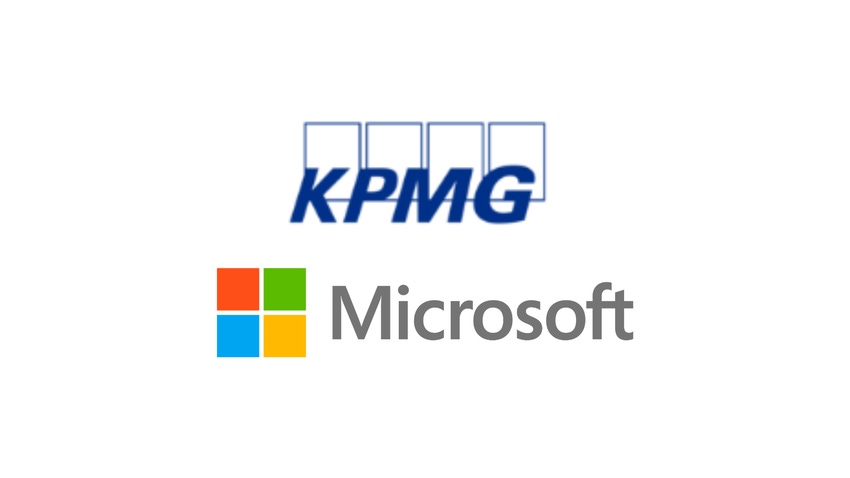KPMG Expands Alliance with Microsoft in AI, Cloud
It is spending at least $2 billion on Microsoft AI and cloud services over five years

At a Glance
- KPMG is spending at least $2 billion over five years on Microsoft's AI and cloud services.
- KPMG believes this investment will unlock $12 billion in potential revenue for the firm.
KPMG is planning to spend at least $2 billion on Microsoft’s AI and cloud services over the next five years, the Big Four accounting firm confirmed to AI Business.
KPMG said its expanded investment will unlock potential revenue of more than $12 billion for the company as it accelerates workforce modernization and enhances the use of AI solutions for clients, among other benefits.
KPMG’s commitment also is expected to boost productivity, creativity and user experience for its 265,000 global employees.
The partnership gives KPMG early access to Microsoft 365 Copilot – an AI assistant embedded in 365 apps − and Azure OpenAI Service, which gives developers direct access to OpenAI models to build AI applications.
This early access will enable KPMG to pilot the tech with select clients.
“KPMG is embracing the future, and we believe that AI is key to unlocking sustainable growth in a way that will build a better future for our people, our clients and society,” said KPMG International CEO Bill Thomas, in a statement.
Specifically, data analytics and AI will be used to further automate, accelerate and enhance the audit, tax and advisory capabilities of KPMG.
For example, KPMG and Microsoft recently jointly developed an AI solution to analyze ESG data to discover patterns and draft tax transparency reports – at faster speeds and greater scale. KPMG also plans to offer a generative-AI virtual assistant to boost the efficiency of tax professionals.
One client KPMG and Microsoft are working with is Coca-Cola EuroPacific Partners, helping it come up with new use cases to make back-office operations more efficient through generative AI.
Read more about:
ChatGPT / Generative AIAbout the Author(s)
You May Also Like


.jpg?width=700&auto=webp&quality=80&disable=upscale)
.jpg?width=700&auto=webp&quality=80&disable=upscale)
.jpg?width=700&auto=webp&quality=80&disable=upscale)
.jpg?width=300&auto=webp&quality=80&disable=upscale)
.jpg?width=300&auto=webp&quality=80&disable=upscale)
.jpg?width=300&auto=webp&quality=80&disable=upscale)

.jpg?width=300&auto=webp&quality=80&disable=upscale)